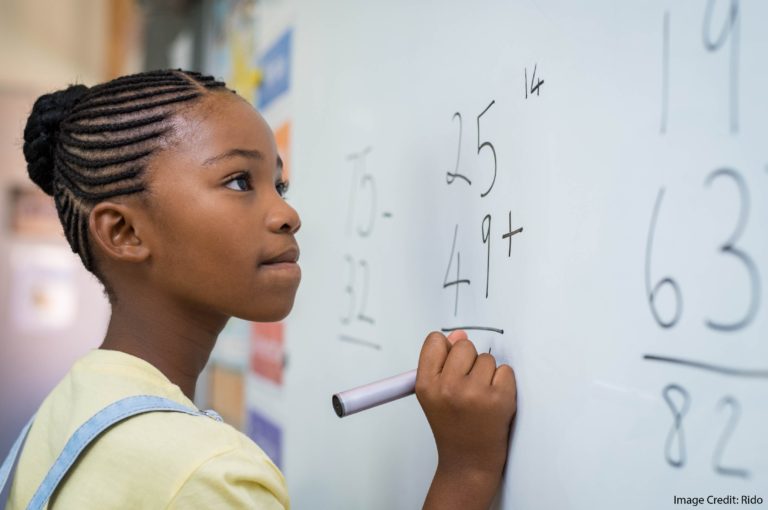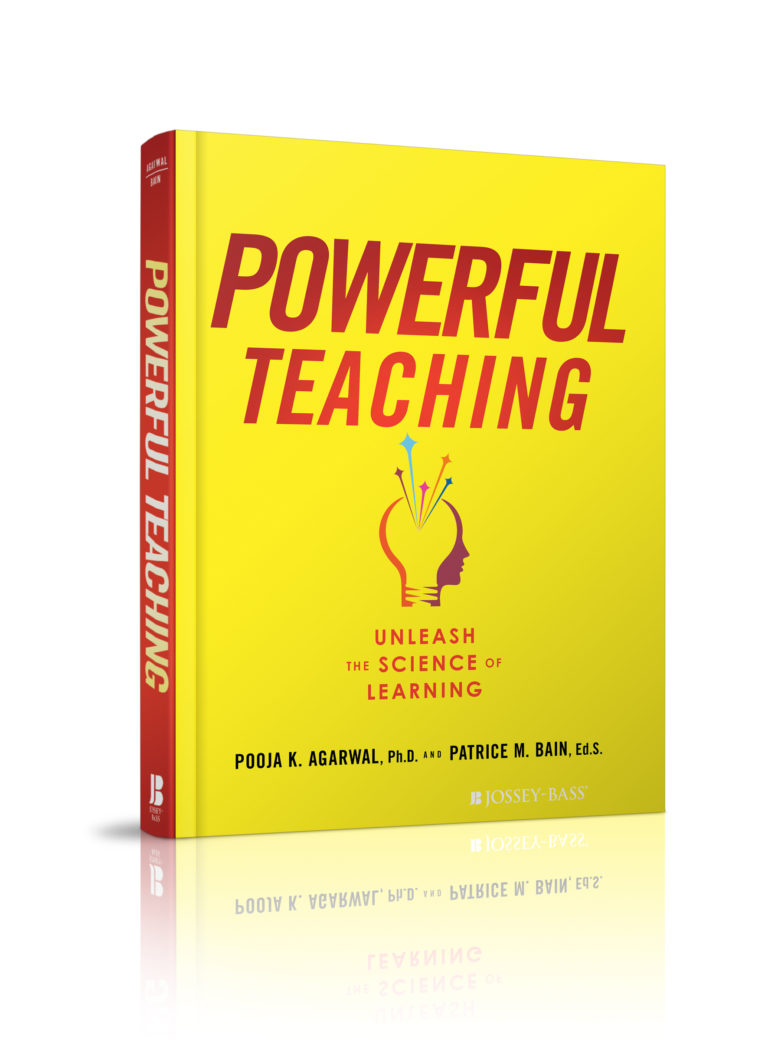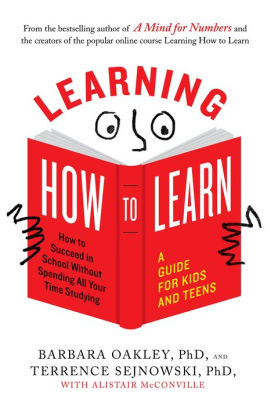Tags
ADHD adolescence attention autism book review boundary conditions classroom advice conference speakers constructivism/direct instruction creativity desirable difficulty development dual coding elementary school embodied cognition emotion evolution exercise experts and novices gender high school homework intelligence long-term memory math methodology middle school mind-wandering mindfulness Mindset motivation neuromyths neuroscience online learning parents psychology reading retrieval practice self-control skepticism sleep STEM stress technology working memoryRecent Comments
- "All People Learn the Same Way": Exploring a Debate |Education & Teacher Conferences on The Goldilocks Map by Andrew Watson
- URL on Difference Maker: Enacting Systems Theory in Biology Teaching, by Christian...
- URL on The Distracted Mind: Ancient Brains in a High-Tech World by...
- Celular na Escola: novas regras transformam o ambiente de ensino - O Mundo no Seu Bolso on Cell Phones in the Classroom: Expected (and Unexpected) Effects
- Is "Cell Phone Addiction" Really a Thing? |Education & Teacher Conferences on Laptop Notes or Handwritten Notes? Even the New York Times...
ABOUT THE BLOG
Yearly Archives: 2019

But Does It Work In The Classroom? (A Hint: YES!)
A large study in five different Florida schools gives us lots of confidence that “interleaving” — mixing up different kinds of practice problems together — helps students learn. This technique takes a little extra time, but it’s highly effective and it’s free. Continue reading

More Contradictions in the Adolescent Sleep/Technology Debate
New research, contradicting prior research, shows that pre-bedtime screen use does lower adolescent quality of life. We can managing this contradiction best by focusing on the children right in front of us. Continue reading

Best Font Name Ever: “Sans Forgetica”
Australian researchers have developed a new font, “sans forgetica,” which might help students remember what they read. However, we have reason to be careful and cautious before we rely too much on this innovation. Continue reading

[A Specific] Movement Helped [Specific] Students Learn [A Specific] Thing
Research shows that movement can help kindergarteners understand the number line — an essential concept for math learning in general. We should not assume therefore that movement always benefits learning. Continue reading

Sorting Hats, Myers-Briggs, and the Perils of False Classification
The Hidden Brain podcast on the dangers of false sorting reminds teachers about the dangers of Learning Styles Theory. Continue reading

Not All of Us Work Effectively in a “Memory Palace”
Students with lower visuospatial aptitude don’t benefit much from “memory palaces.” This research finding leads to important classroom strategies…and to bigger questions as well. Continue reading

The Best Teaching Book to Read This Summer: Powerful Teaching
Powerful Teaching, by Agarwal and Bain, combines research and practical classroom strategies. The result: an ideal book for teachers who want to improve our practice. Continue reading
Posted in Book Reviews, L&B Blog
Tagged classroom advice, long-term memory, retrieval practice
Leave a comment

Learning How to Learn: How to Succeed in School Without...
Barbara Oakley, Terrence Sejnowski, and Alistair McConville have authored a students’ guide to learning. The book,…
Posted in Book Reviews
Leave a comment

Pointing Out Online Mistakes Like a “Jerk”: More Misuses of...
Despite the click-bait headlines, research doesn’t show much of anything surprising or consequential about people who correct your grammar online. Continue reading

Today’s Unpopular Research Finding: Potential Perils of Mindfulness
New research suggests that mindfulness may lead to “particularly unpleasant” experiences for many practitioners. This research is in early stages, but we should consider its implications in school mindfulness programs. Continue reading
